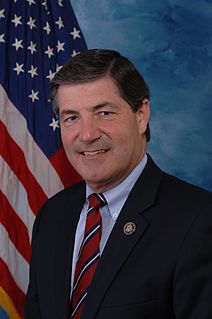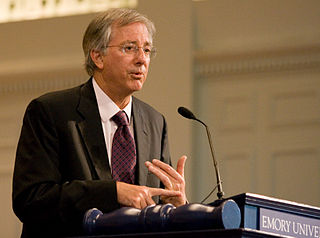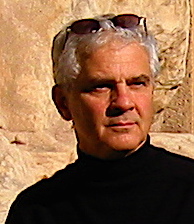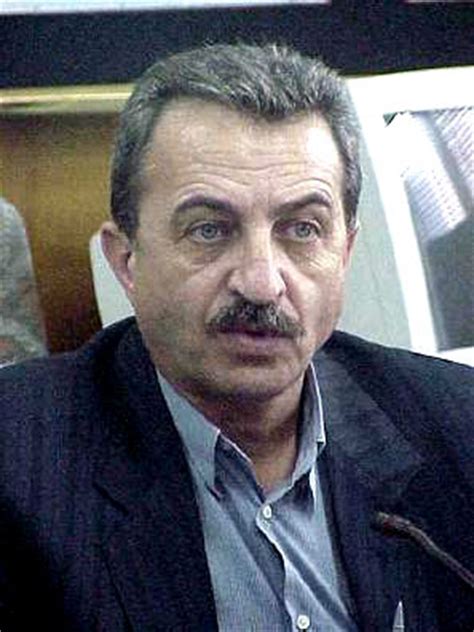A Quote by Steven Pinker
The reason the United States is not so likely to invade Iran is precisely because of the lessons learned from Iraq. And conversely, the Iranian push towards nuclear capability is calculated to deter invasions like the kind deposing Saddam Husain.
Related Quotes
It was not the United States who invaded Kuwait; it was Iraq. It was not the United States that went to war with Iran; it was Iraq. It was not the United States that fired chemical weapons at Iran; it was Iraq. And it was not the United States that murdered innocent Iraqi citizens with chemical weapons; it was Iraq.
Since 1981, after our nations severed diplomatic relations, we've worked through a international tribunal to resolve various claims between our countries. The United States and Iran are now settling a long-standing Iranian government claim against the United States government. Iran will be returned its own funds, including appropriate interest but much less than the amount Iran sought. With the nuclear deal done, prisoners released, the time was right to resolve this dispute as well.
In the United States, Iran is nothing but a whipping-boy. Few Americans have any real use for Iran. Most of us, what we know and remember about Iran are things like the hostage crisis in 1980, or they think about the Iranian attacks in Lebanon, or on the Khobar Towers. So you don't get a whole lot of political mileage in the United States by going out and advocating better relations with the Iranians.
Donald Trump has the ability to renegotiate the Iran nuclear deal as he says, but if he were to do so, this would be regarded in Tehran as an abrogation of the deal. This would allow the Iranian side of the deal to in effect withdraw because they could say that the United States has not held up its end of the bargain, and therefore we're going to restart our nuclear program.
We often forget that Iran has a long tradition and history with the United States. Iranians have been coming to the United States as students for decades. American businessmen were in Iran developing the oil fields. ...There was an American financial advisor to the Iranian government in the early part of the century.
As far as U.S. intelligence knows, Iran is developing nuclear capacities, but they don't know if they are trying to develop nuclear weapons or not. Chances are they're developing what's called 'nuclear capability,' which many states have. That is the ability to have nuclear weapons if they decide to do it. That's not a crime.
Iran's Supreme Court has issued a fatwa against the development of nuclear weapons. President [Hassan] Rouhani has indicated Iran will never develop nuclear weapons. I've made clear that we respect the right of the Iranian people to access peaceful nuclear energy in the context of Iran meeting its obligations.
I have traveled many times outside Iran, and have discussed the issue [of the Iranian nuclear project]. I have been asked for my opinion and that of the Iranian Jewish community, and I have always emphasized that the Iranian people has the right to obtain nuclear technology and energy for peaceful purposes. The Iranian people must not give up this right under any circumstances - and indeed, it will not.




































